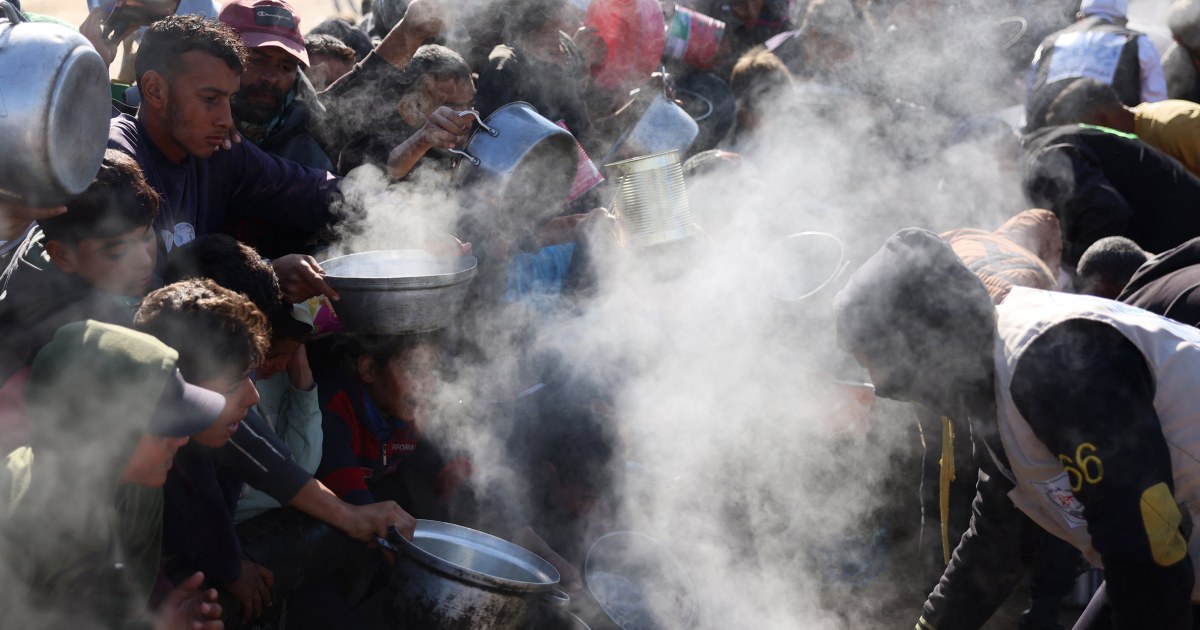World
Hezbollah radios explode, injuring hundreds in new blasts tied to Israel
At least 9 killed in second round of explosions in Lebanon
Walkie-talkies and pagers used by Lebanon’s Hezbollah group detonated in homes and businesses across the country.
This story was updated to add new information.
LONDON − Hundreds more people were reported injured in Lebanon on Wednesday in what appeared to be a second wave of blasts involving communication devices used by Lebanon’s Hezbollah group, media reports said.
Lebanon’s state-run National News Agency said the blasts involved walkie-talkies used by the group and pagers. Some of the explosions reportedly took place inside homes in Beirut and at least one happened at a funeral.
At least nine people were reported killed and 300 injured in the latest attack, on top of the 12 dead and thousands hurt on Tuesday.
Earlier Wednesday, multiple reports said Israel’s Mossad spy agency planted small amounts of explosive material in Hezbollah pagers that detonated across Lebanon on Tuesday.
More: Hundreds of Hezbollah pagers explode across Lebanon injuring thousands
The coordinated blasts Tuesday emanated from hand-held wireless communication devices as people shopped for groceries, sat in cafes and drove in cars, leaving blood-splattered scenes.
The hand-held radios were purchased by Hezbollah five months ago, around the same time that the pagers were bought, a security source told Reuters.
Lebanon’s government and Hezbollah, an Iran-backed group with headquarters in Beirut that appears close to fighting an all-out war with Israel, said Israel orchestrated the operation that wounded nearly 3,000 people. Many of those injured are believed to be Hezbollah fighters who use the pagers because they are difficult to track.
Israel has not publicly commented on the attack or speculated who was behind it.
But Israeli and U.S. sources told Reuters news agency and The New York Times that Israel carried out the operation by hiding explosive material within a batch of pagers that were imported into Lebanon.
The Times said Hezbollah ordered the pagers from a Taiwanese firm named Gold Apollo.
Gold Apollo denied in a written statement that it was involved in the production of the pagers. It said that it only licensed out its brand to a Hungarian company named by BAC Consulting KFT.
“The product was not ours. It was only that it had our brand on it,” Gold Apollo founder and president, Hsu Ching-kuang, told reporters at the company’s offices in the northern Taiwanese city of New Taipei, Reuters reported.
That firm, which appears to be based in Hungary’s capital Budapest, could not immediately be reached for comment and a website belonging to the company also appeared to be offline Wednesday. Hungary’s government issued a statement saying the company has no production or operational facilities in the country.
Several sources told Reuters that Israel’s plot was months in the making and the devices were modified at the production level. About 3,000 Hezbollah pagers detonated simultaneously, Reuters reported, when a coded message was sent to them, activating the explosives. USA TODAY could not independently confirm those reports.
Since Hamas’ Oct. 7 attacks on Israel, Israel and Hezbollah have swapped near-daily tit-for-tat strikes as the militant group has rallied to support its ally in Gaza. Israel has also undertaken targeted assassinations of senior Hezbollah commanders in Lebanon. Tens of thousands of Israelis who live near Lebanon’s border have evacuated amid the exchanges. Israel has vowed to make it safe for them to return.
“Hezbollah wants to avoid an all-out war. It still wants to avoid one. But given the scale, the impact on families, on civilians, there will be pressure for a stronger response,” Mohanad Hage Ali of the Carnegie Middle East Center told Reuters. The Shia militant movement said Wednesday it had attacked Israeli artillery positions with rockets.








